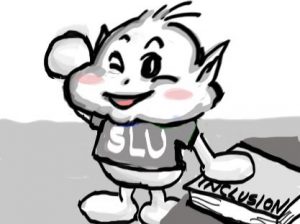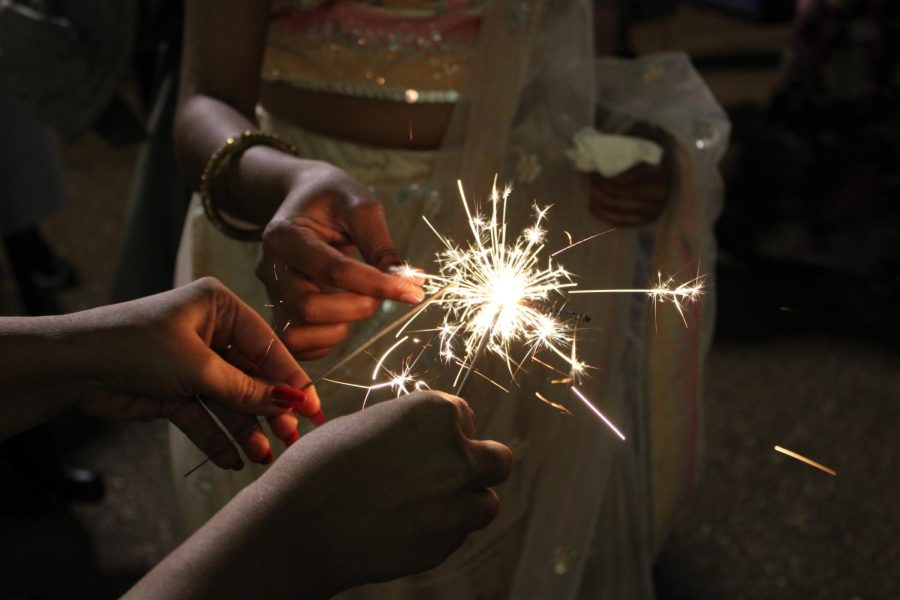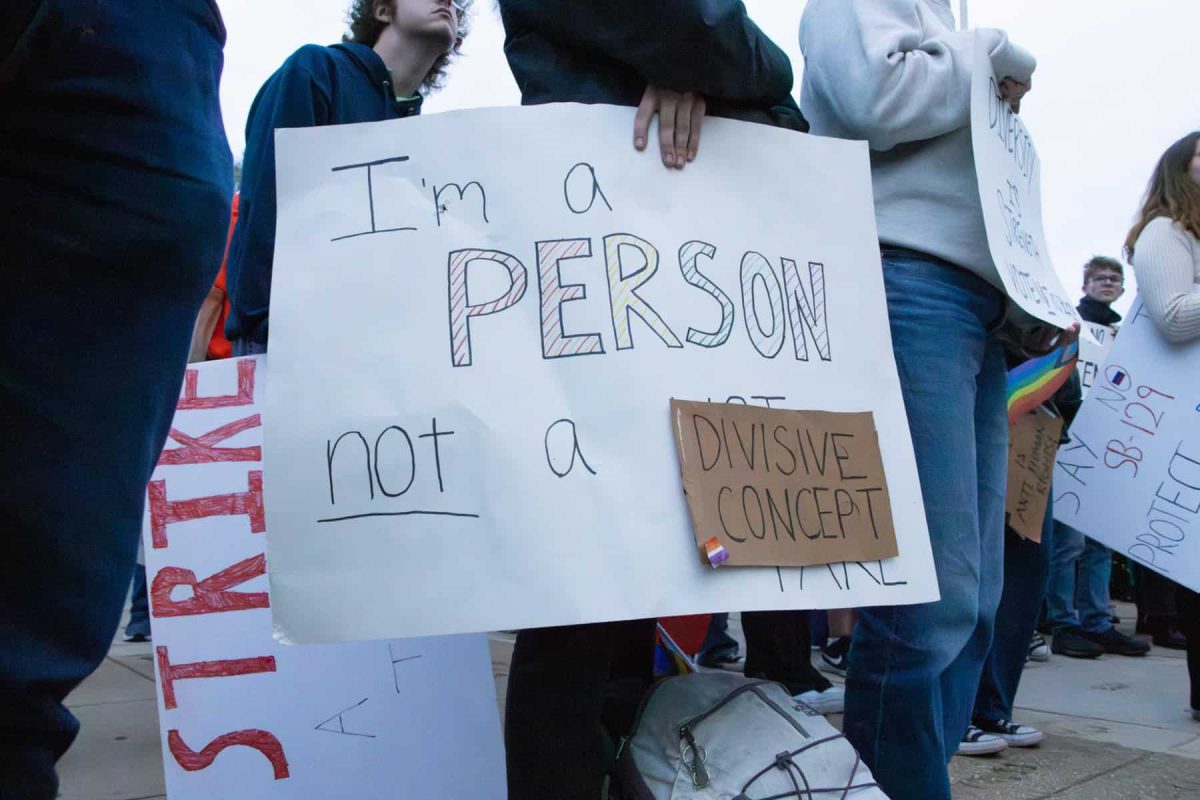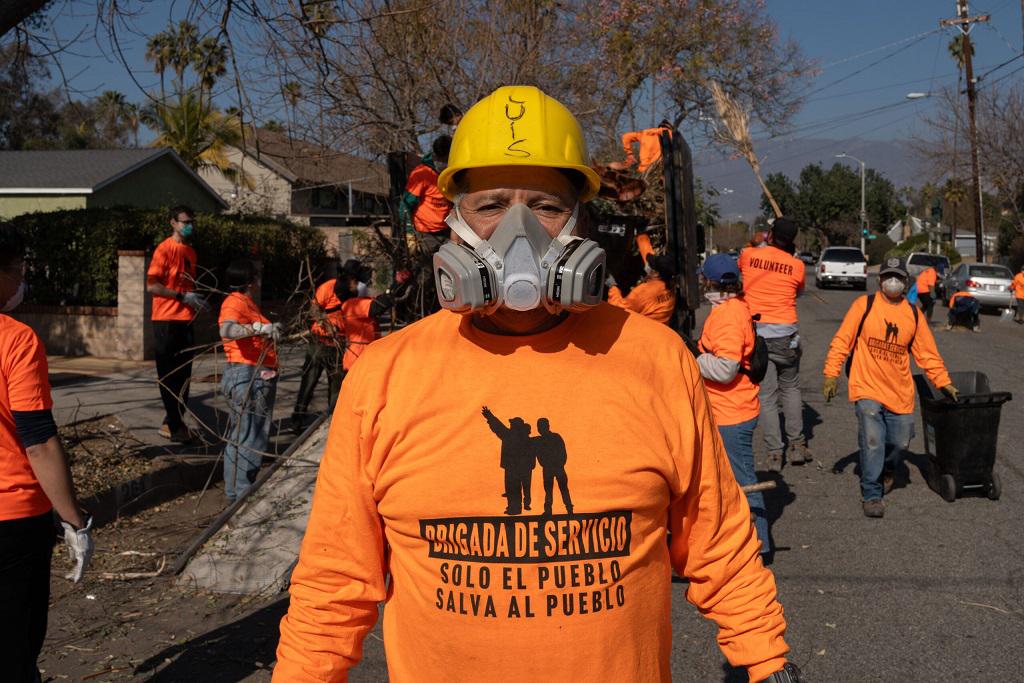While the idea of taking an oath that “will embrace people for the diversity of their identities, creating a community inclusive of race, ethnicity, sex, age, ability, faith orientation, gender, class, and ideology” is admirable, Student Government Association’s most recent event fell short of what could have kicked off a movement towards social justice on a globally conscience campus.
On Tuesday, April 19, 2011, the Student Government Association launched the Oath of Inclusion: An oath meant to bring Saint Louis University’s community together in acceptance and understanding of the many differences on SLU’s campus.
The event, however, did not highlight the main purpose of the oath: To bring a sense of community among its students, as well as a sense of understanding and tolerance. Instead it became an opportunity for a free dinner for many students. Incentives are key to events, but free food should not have been the focus of the occasion. Inclusion should have been the focus. Campus unity should have been the focus.
Issues as complex as gender roles, racism, sexual orientation, etc., are not solved through a signing of a “peace treaty.” They are solved through honest discussions, knowing that not always will there be an agreement. There must always be an understanding of differences that transcends from semester to semester and from year to year.
Swearing an oath by writing a name on a piece of paper can easily be forgotten, lost in time and thought. Actions toward others, however, cannot.
SLU students, who are often involved on campus while also taking an overwhelming amount of credits, train themselves to push out information as they take in more. In order for an event to influence students as occupied as SLU students, there must be more than dinner on the quad with an oath on the side.
If the Oath of Inclusion would have been presented earlier in the year, followed by proactive events, SGA could have had a stronger impact upon SLU students. There has to be a clear definition of SGA’s intentions with the Oath of Inclusion.
Those students who understand the implications of having an inclusive campus, are already aware of the positive effects that it could have. It is those students who do not feel as strongly about the Oath of Inclusion that must be drawn in and convinced.
Next fall, as SLU’s campus begins to come alive with new and returning students, SGA should strive to bring this message forth with more events that include active discussions that “embrace people for the diversity of their identities,” in efforts to create a diverse campus, not only in race, gender, age and faith, but most importantly, a campus diverse in thought.


















